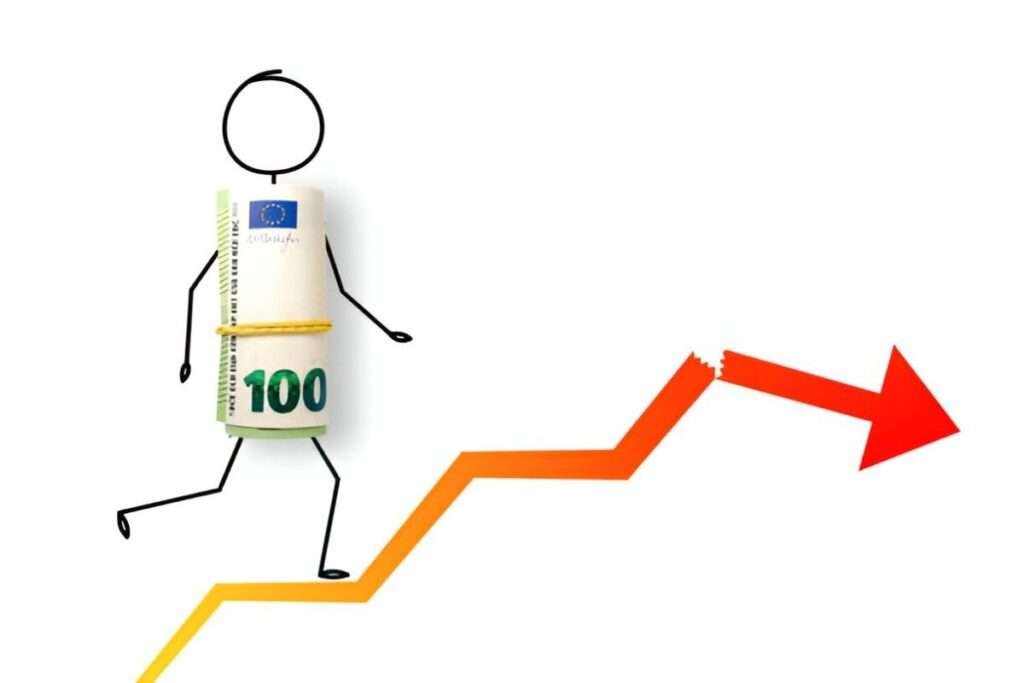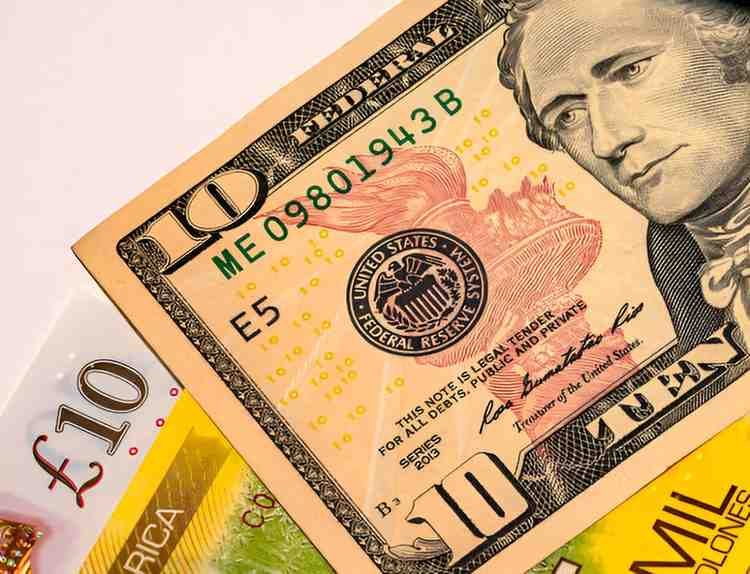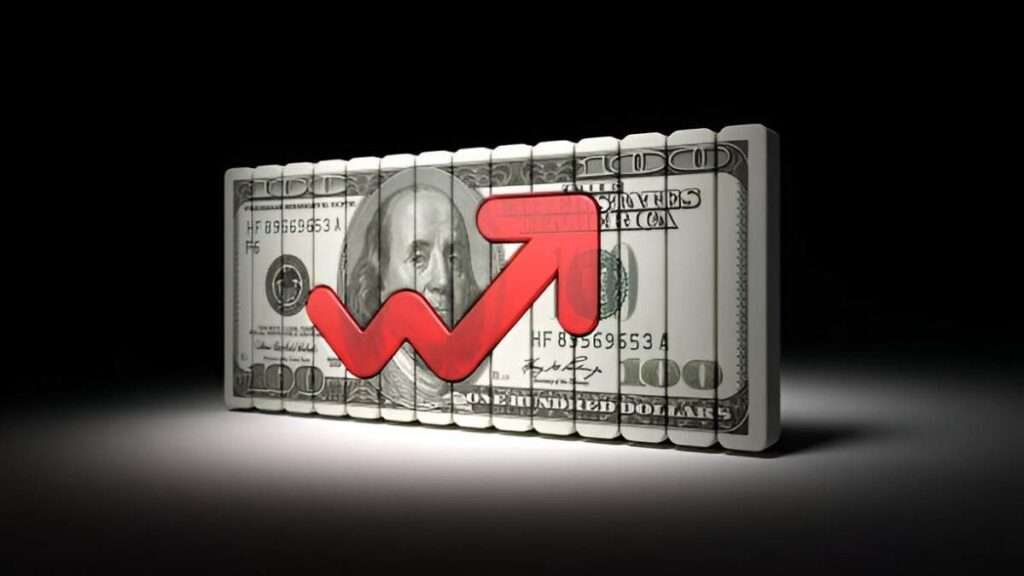Introduction
Forex brokers often offer promotions to attract new traders and retain existing ones. One such promotion is the $1000 bonus, which can come in different forms, such as a no-deposit bonus, deposit bonus, or trading credit. I have spent years analyzing these offers, and I will break them down from every angle to help you make informed decisions. This article provides an in-depth analysis of the $1000 forex bonus, its benefits, limitations, and practical implications.
Table of Contents
Types of $1000 Forex Bonuses
1. No-Deposit Bonus
A no-deposit bonus provides traders with a $1000 credit without requiring an initial deposit. Brokers use this offer to attract beginners who want to test the platform without financial risk. However, withdrawal conditions usually apply, making it difficult to cash out profits without fulfilling trading volume requirements.
2. Deposit Bonus
A deposit bonus matches the trader’s deposit up to a certain percentage, often 100%. To receive a $1000 bonus, a trader might need to deposit $1000. Brokers usually require traders to complete a specified trading volume before withdrawing the bonus.
3. Trading Credit
Some brokers offer the $1000 bonus as non-withdrawable trading credit. Traders can use it to open positions, but they cannot withdraw the bonus itself. Profits made from the credit may be withdrawable, subject to the broker’s conditions.
Evaluating the Value of a $1000 Forex Bonus
A forex bonus is not free money. Brokers impose terms that influence its practical value. Below, I outline key considerations when evaluating a $1000 bonus.
1. Trading Volume Requirements
Most brokers require traders to generate a minimum trading volume before withdrawing bonus-related profits. The table below illustrates a typical requirement:
| Bonus Amount | Trading Volume Requirement | Time Limit |
|---|---|---|
| $1000 | 200 lots | 30 days |
| $500 | 100 lots | 30 days |
| $250 | 50 lots | 30 days |
If a trader fails to meet the requirement, the bonus and related profits may be revoked.
2. Leverage Implications
Forex brokers often allow high leverage, which can amplify gains and losses. A $1000 bonus with 1:500 leverage means a trader can control a $500,000 position. However, this also increases risk exposure. The following example illustrates leverage impact:
Example:
- Bonus: $1000
- Leverage: 1:500
- Position Size: $500,000
- Pip Value (EUR/USD): $10 per lot (1 standard lot = $100,000)
- Stop Loss: 50 pips
Loss Calculation: Loss = Pip Value × Pips Lost = $10 × 50 = $500
In this scenario, two consecutive losing trades could deplete the bonus, emphasizing the risk of leveraged positions.
3. Withdrawal Conditions
Many brokers restrict bonus withdrawals. Some require a minimum deposit before withdrawals, while others limit withdrawals to profits made using the bonus. The table below compares common withdrawal conditions:
| Broker Type | Bonus Withdrawal | Profit Withdrawal | Minimum Deposit Requirement |
|---|---|---|---|
| No-Deposit Bonus | Not allowed | Allowed after trading volume completion | No deposit required |
| Deposit Bonus | Allowed after meeting volume | Allowed | Deposit required |
| Trading Credit | Not allowed | Allowed under conditions | No deposit required |
Advantages and Disadvantages of a $1000 Forex Bonus
Advantages
- Risk-Free Testing: A no-deposit bonus allows traders to explore a platform without financial risk.
- Increased Buying Power: Deposit bonuses increase the trading balance, providing more opportunities.
- Profit Potential: If managed well, traders can use the bonus to generate real profits.
Disadvantages
- Strict Terms: Trading volume requirements can be difficult to meet.
- Limited Withdrawals: Some brokers prevent bonus withdrawals entirely.
- Potential Overtrading: Traders might take excessive risks to meet withdrawal conditions.
Practical Example of Using a $1000 Bonus
I will illustrate a scenario where a trader receives a $1000 deposit bonus and evaluates profitability.
Initial Conditions:
- Deposit: $1000
- Bonus: $1000
- Leverage: 1:100
- Trading Pair: EUR/USD
- Lot Size: 0.1 (10,000 units)
- Average Pip Movement: 50 pips/day
Trade Simulation: If the trader places a 0.1 lot position with a 50-pip target:
Profit = Pip Value × Pips Gained = $1 × 50 = $50
To withdraw profits, the broker may require 200 lots of trading volume:
\text{Total Trades Required} = \frac{\text{Trading Volume Requirement}}{\text{Lot Size}} = \frac{200}{0.1} = 2000 , \text{trades}Given these conditions, the trader would need an extremely high trade frequency to meet the requirement within the bonus period.
Choosing the Right Broker for a $1000 Forex Bonus
Not all brokers offer fair bonus terms. I evaluate brokers using the following criteria:
- Regulation: Ensure the broker is regulated by entities like the CFTC or NFA in the US.
- Bonus Conditions: Read the fine print to understand withdrawal requirements.
- Reputation: Check trader reviews for any history of unfair practices.
The table below compares three brokers offering a $1000 forex bonus:
| Broker | Regulation | Bonus Type | Withdrawal Conditions |
|---|---|---|---|
| Broker A | CFTC | Deposit Bonus | Profits withdrawable, bonus subject to trading volume |
| Broker B | NFA | No-Deposit Bonus | Profits withdrawable after meeting conditions |
| Broker C | Unregulated | Trading Credit | No withdrawals allowed |
Final Thoughts
A $1000 forex bonus can provide an opportunity, but traders must approach it with caution. I always read the terms carefully and assess the risk before accepting a bonus. It’s essential to treat the bonus as a tool rather than free money. By managing leverage, following a strategy, and understanding broker conditions, traders can make the most of these offers without falling into common pitfalls.





